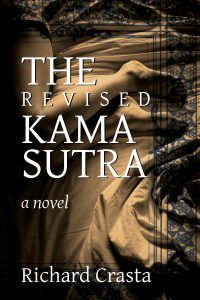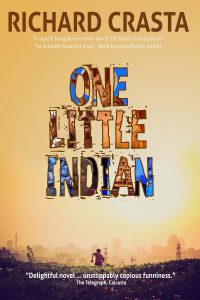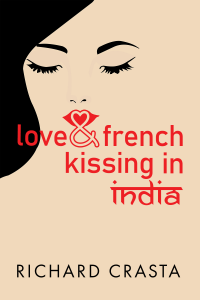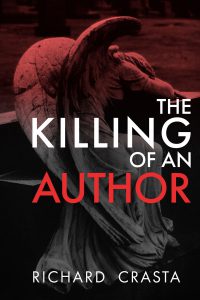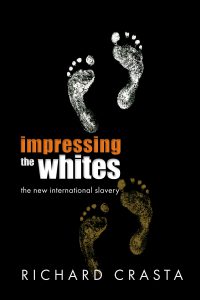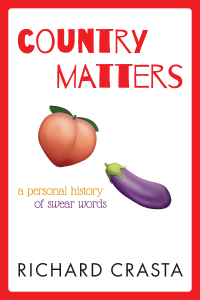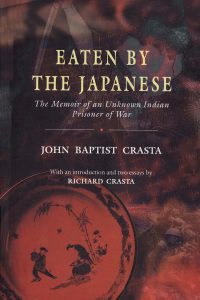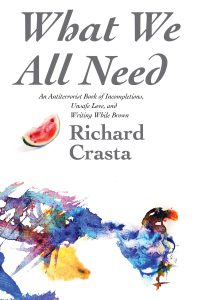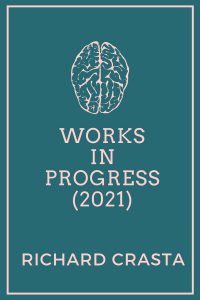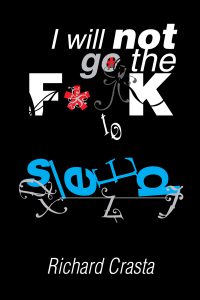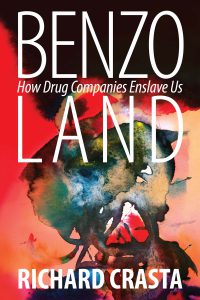Even in Cambodia, where I find myself until I move on, “Independence Day,” whether India’s or America’s, always excites me … as it did the crowds at the Red Fort on the night of August 14, 1947, and the framers of the American Declaration of Independence. When I was a kid, in the boarding school, and shortly thereafter, Independence Day was the day when my small-town police, the Mangalore police, would not stop and fine boys who were engaging in “double-riding”. “Double-riding” meant driving on a bicycle with a second person sitting on the luggage carrier or the top tube. Two persons riding on a single bicycle, a traffic violation on every other day of the year, was freely permitted on that one day. That, to us, was the definition of freedom. Also, in the boarding school, the normally strict and disciplinarian padres gave us the day off from the normal schedule: we could leave the premises of our prison and have a day on the town, doing whatever we wished, so long as we were back by 6 pm or so for our shower and the evening prayers. They also gave us half a rupee as pocket money; it was enough to rent a bicycle for an hour and also to buy some peanuts or similar snacks.
As I grew up, and read the kind of literature brave American writers were writing, my definition of freedom expanded to include writers like Henry Miller, Saul Bellow, and later, Ralph Ellison and James Baldwin. I would not accept a lower standard of freedom just because I was from … India. For me, though, “independence” signifies complete literary freedom that is recognized and celebrated by world publishers as well as by readers.
However, an increasing number of publishers have become chicken-hearted, unwilling to take risks, to offend their famous friends, or defy public prejudice. So, this Independence Day, my goal was to put up two of my bravest books online, available for direct download. One is a short book: Language as a Tool of Class Oppression . The other, now published (India needs more than a day to celebrate its independence, such as it is), is the 120-page When David Davidar Drank My Wine. There are other, better books–my favorites as The Revised Kama Sutra, Impressing the Whites, and The Killing of an Author–available here and at these outlets.
